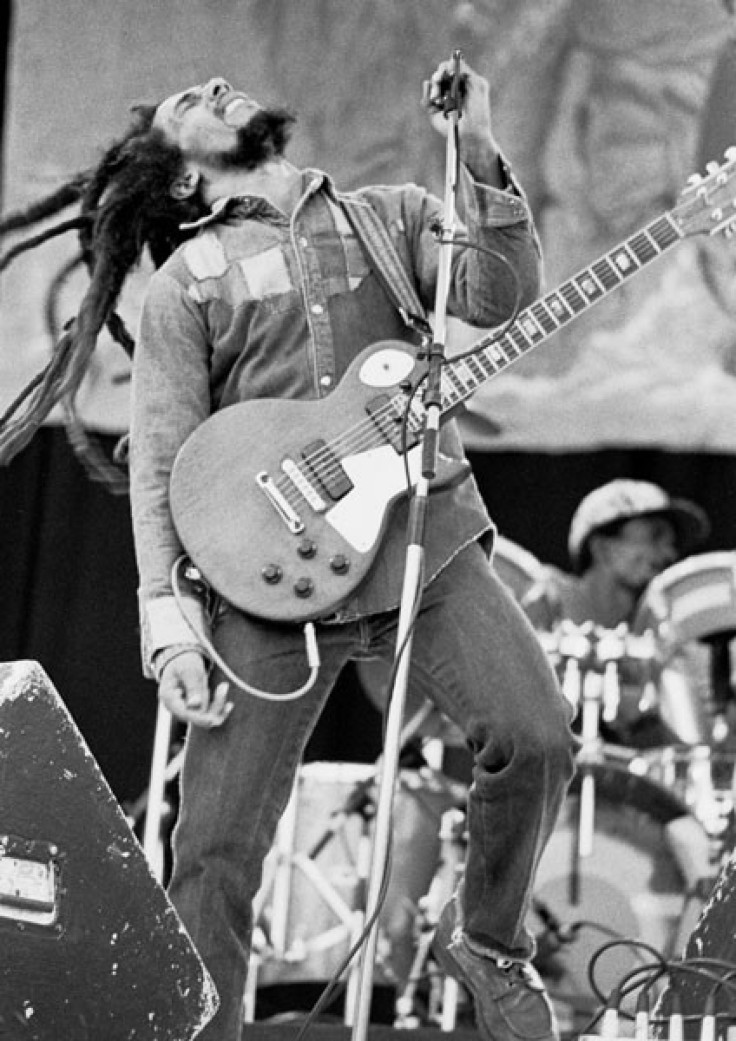'Marley' Reveals New Information About Bob Marley's Remarkable Life

In 1980, Bob Marley performed for a crowd of more than 100,000 in Zimbabwe, a country that had just been pardoned from British rule. Political officials and royalty joined in the celebration as the Rastafarian sensation took the stage. Yet the crowd became so riled up, it was doused with tear gas. As his band and fans fled the concert venue, Marley continued to perform. He was so engulfed by the historical moment that he failed to notice the chaos around him. This one of the best scenes in Marley, a lengthy documentary that focuses on the singer's life and astounding rise to global stardom.
For those who know little about the iconic musician, the film will serve as a breathtaking biography. And for those who know much about him, the movie will provide an abundance of new information and rarely heard tracks.
Directed by Oscar winner Kevin MacDonald, the film brilliantly delves into the One Love singer's innovative beliefs and profound statements. The movie also clears up a number of the health rumors surrounding him. Many of his physical ailments began after a soccer accident, which led to a portion of one of his toes being amputated. A few years later, Marley was diagnosed with cancer, which had taken over most of his body.
Even his daughter, Cedella Marley, found that the documentary taught her new things about her father, as she told the International Business Times: Especially regarding the later parts of his life, after the cancer. I didn't know anything about the possibility of an amputation, I didn't know he had a stroke, I didn't know he had his tonsils taken out. There were a lot of things that I don't think any of the children knew. There were things that were kept from us. The film was the first time we learned them.
The film also explores the social movements he inspired. His home in Jamaica was essentially open to outsiders, constantly mobbed by fans and those looking for guidance. Yet his interaction with the public became life-threatening. During one of Jamaica's most tumultuous political moments, an unknown assailant shot the reggae singer in his unguarded home. Surprisingly, this incident didn't discourage him from performing as soon as he was released from the hospital. His concert in his home country following the assassination attempt is one of the movie's pivotal moments. It signifies what the singer meant to millions.
Funny, poignant, and informative, it is one of the best music docs to hit the screen. Heartbreaking at times -- especially when Marely learns that he has only months to live -- it is an extraordinary portrait of an extraordinary life.
© Copyright IBTimes 2024. All rights reserved.











